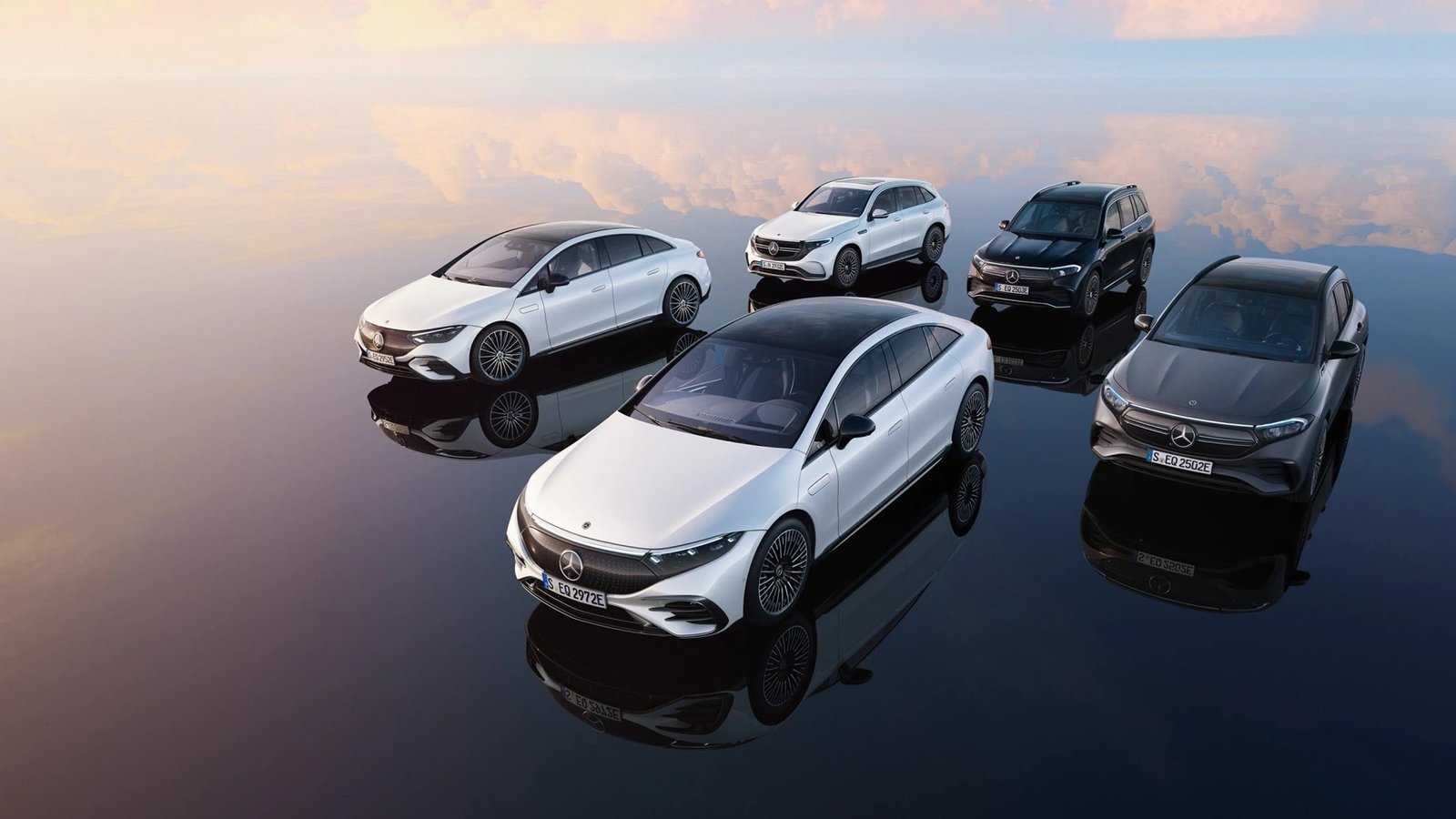Mercedes-Benz is one of the world’s most recognized and prestigious automobile brands, known for its luxury vehicles, advanced technology, and rich history. Originating in Germany, Mercedes-Benz has become a symbol of quality and innovation in the automotive industry. The brand’s legacy traces back to the late 19th century with pioneers Karl Benz and Gottlieb Daimler, who were instrumental in creating the first gasoline-powered cars. Karl Benz’s invention of the Benz Patent Motorwagen in 1886 is often regarded as the birth of the modern automobile. Around the same time, Gottlieb Daimler and Wilhelm Maybach developed high-speed gasoline engines and automobiles through Daimler-Motoren-Gesellschaft (DMG). These two companies eventually merged in 1926 to form Daimler-Benz, officially launching the Mercedes-Benz brand that is still famous today.
Headquartered in Stuttgart, Germany, Mercedes-Benz offers a wide range of vehicles including luxury sedans, SUVs, coupes, convertibles, and roadsters. Beyond passenger cars, the company manufactures commercial vehicles such as trucks, buses, vans, and coaches. In recent years, Mercedes-Benz has also expanded its focus on electric vehicles through its EQ sub-brand, which features fully electric models aimed at competing in the growing market for sustainable transportation. The brand’s high-performance division, Mercedes-AMG, produces sportier, more powerful versions of their vehicles, combining luxury with speed and advanced engineering.
Mercedes-Benz has built its reputation not only on luxury and comfort but also on engineering innovation and safety. The company was a pioneer in introducing technologies like anti-lock braking systems (ABS), airbags, and electronic stability control. These safety features have become standard across the industry and reflect Mercedes-Benz’s commitment to driver and passenger protection. The brand is also actively developing advanced driver-assistance systems and autonomous driving technologies, incorporating artificial intelligence and connectivity to create smarter, safer vehicles. This focus on innovation continues to position Mercedes-Benz at the forefront of automotive technology.
The company’s strategy now heavily emphasizes electrification and sustainability. Mercedes-Benz has set ambitious goals to electrify a large portion of its vehicle lineup in the coming years. Through investments in battery technology and electric drivetrains, the brand aims to offer consumers environmentally friendly alternatives without sacrificing performance or luxury. Additionally, the company is working to reduce carbon emissions throughout its production processes by using renewable energy sources and recycled materials. This push towards sustainability is aligned with global efforts to combat climate change and reflects changing consumer demands for greener products.
Mercedes-Benz competes globally with other luxury automakers such as BMW, Audi, Lexus, and Tesla. It maintains a strong market presence due to its combination of brand heritage, engineering excellence, and forward-looking technologies. In motorsports, Mercedes-Benz has a successful history, especially in Formula 1, where its team has won multiple world championships. This involvement in racing not only serves as a marketing platform but also helps the company develop cutting-edge technologies that often trickle down to their production vehicles.
As part of the Daimler AG group, Mercedes-Benz recently rebranded to Mercedes-Benz Group AG, reflecting a strategic focus solely on passenger vehicles. This shift allows the company to concentrate on innovation in the luxury car segment, including connected and autonomous driving technologies, digital services, and electric mobility. The collaboration with technology companies and investments in artificial intelligence cloud platforms support this digital transformation.
Mercedes-Benz also continues to invest heavily in research and development, ensuring its vehicles offer top-tier performance, safety, and luxury features. The integration of AI technology into cars aims to improve predictive maintenance, enhance safety systems, and create more personalized driving experiences. Customers can expect continuous software updates and new features that keep their vehicles at the cutting edge of technology throughout their lifespan.
The brand’s cultural impact extends beyond automobiles. Mercedes-Benz is seen worldwide as a symbol of German engineering, precision, and luxury. Its vehicles are popular among business leaders, celebrities, and consumers who seek premium quality and advanced features. The company’s commitment to innovation, sustainability, and luxury ensures it remains a key player in the global automotive market well into the future.







